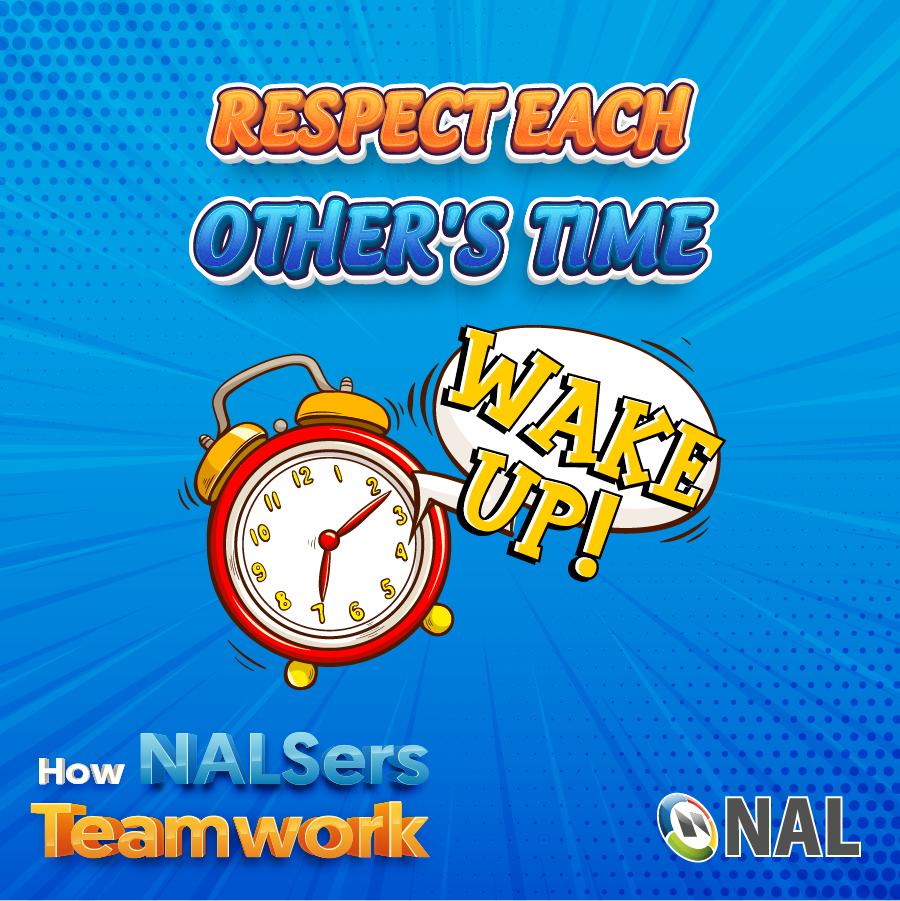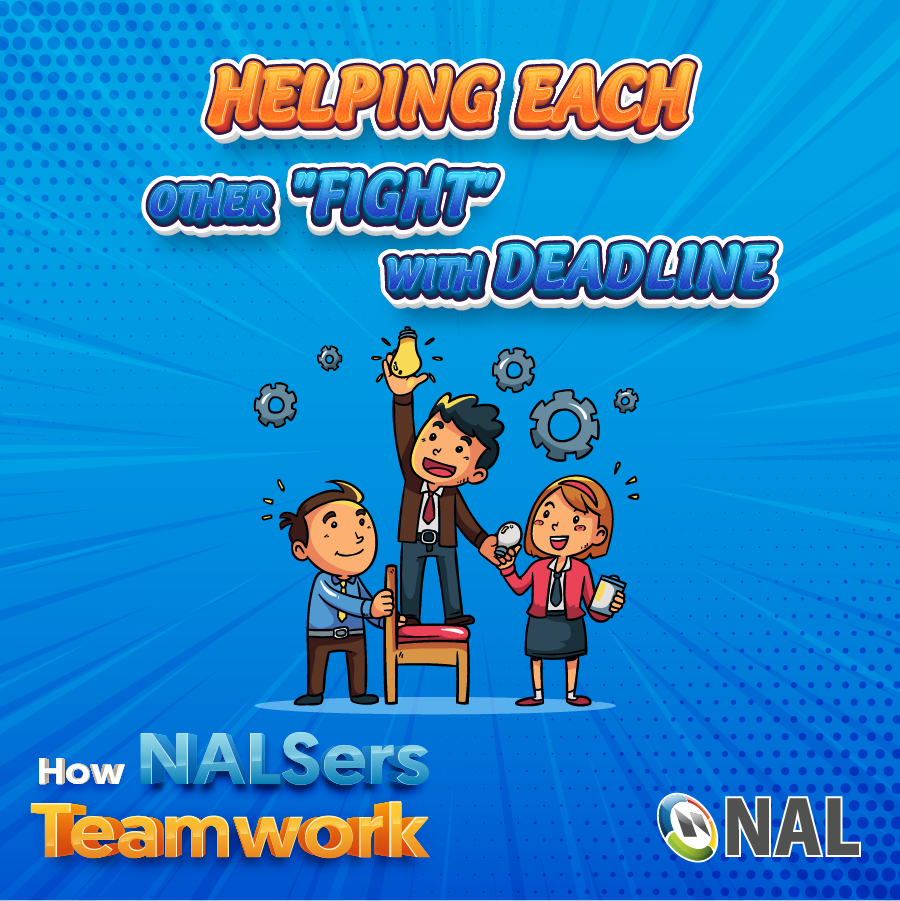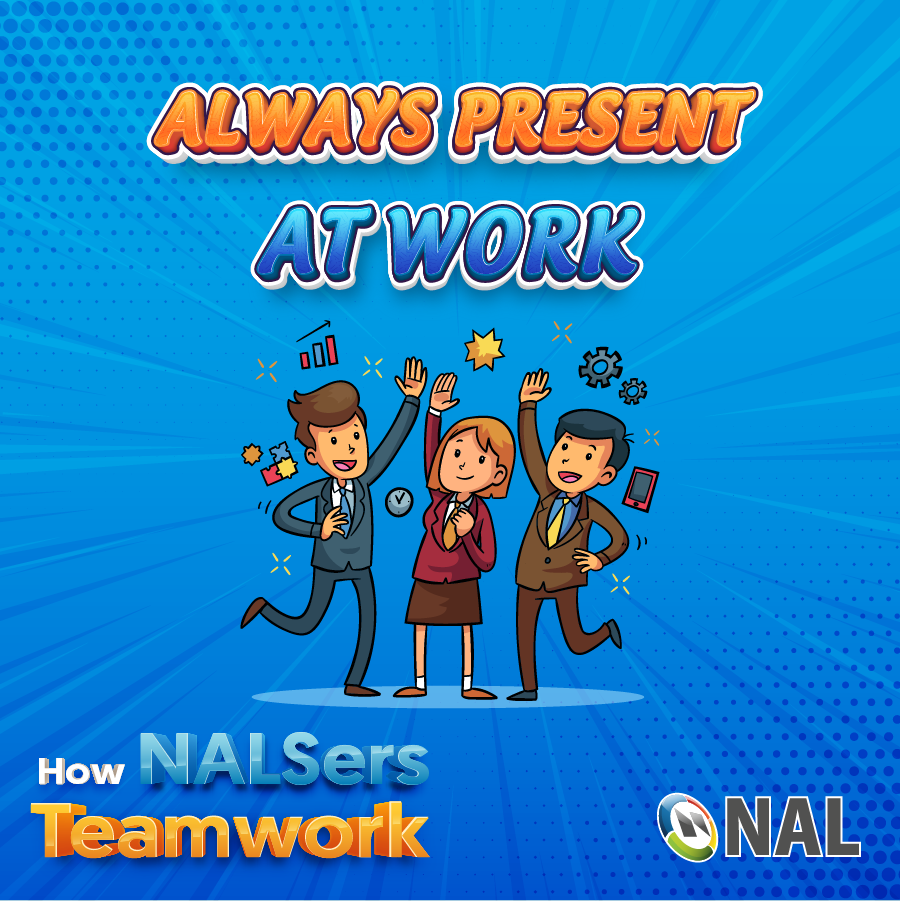Teamwork is an essential component of success in any organization, and the tech industry is no exception. With rapidly changing technologies and highly competitive markets, tech companies must rely on collaborative efforts to stay ahead of the curve. In this fast-paced industry, working together effectively can make all the difference between a breakthrough innovation and a missed opportunity. Whether it’s software development, hardware design, or project management, building strong teams and fostering a culture of collaboration is vital for achieving success in the tech sector.
The importance of teamwork in a Tech Company
In a tech company, teamwork is crucial to success. There are several reasons why teamwork is essential in this industry.
Firstly, tech projects are often complex and require a diverse range of skills to complete. Teams that work collaboratively can leverage each individual’s strengths and expertise to solve problems more efficiently and effectively. By pooling together their knowledge and skills, team members can overcome obstacles faster and achieve higher-quality results.
Secondly, tech projects often involve a large amount of data and information. Collaborative teamwork ensures that all team members are up-to-date with the latest information, reducing the likelihood of mistakes or misunderstandings.
Thirdly, tech projects can be time-sensitive, requiring quick decision-making and fast execution. By working in a team, individuals can delegate tasks and responsibilities to each other, allowing for faster progress and quicker responses to unexpected challenges.
Moreover, tech companies often have a culture of innovation and experimentation. In such an environment, teamwork is essential to generate and develop new ideas. Collaborative brainstorming and open communication among team members lead to creative solutions and new insights that may not have been discovered by individuals working alone.
Finally, teamwork in tech companies can lead to a more fulfilling and enjoyable work experience. Working with a team can provide a sense of belonging and social interaction, reducing stress and promoting better mental health. By working together towards common goals, team members can build stronger relationships and a positive work culture.
🌺 What are the components that NALSers rely on to foster teamwork?
👉🏻Respect for colleagues’ work:

Nalsers hold a deep respect for their colleagues’ work, valuing the contributions made by each member of the team regardless of their role in a project or within the company.
Showing respect for colleagues’ work is essential for building a positive and collaborative work environment. By acknowledging their contributions, providing constructive feedback, using respectful language, and respecting their time and priorities, you can build strong relationships with your colleagues and help to create a more productive and supportive workplace.
Respect for colleagues’ work is an essential aspect of building a positive and collaborative work environment. Showing respect for your colleagues’ work means recognizing their efforts, skills, and contributions to the team’s success. It also involves treating their work with professionalism and integrity, regardless of your personal opinions or feelings.
One way to demonstrate respect for your colleagues’ work is to give credit where credit is due. If a colleague comes up with a great idea or solution, acknowledge their contribution and give them credit for it. This not only shows that you value their input but also helps to build trust and mutual respect within the team.
👉🏻Respect for each other’s time

Respecting each other’s time is a core principle at Nals, where punctuality and meeting deadlines are seen as important parts of professional relationships. This creates a positive working environment where colleagues can rely on each other.
One way to show respect for your colleagues’ time is to communicate effectively and efficiently. Be clear and concise in your messages, and avoid sending unnecessary emails or messages that could distract them from their work. If you need to schedule a meeting or call, be sure to provide sufficient notice and ensure that it aligns with their schedule and availability.
Another way to show respect for your colleagues’ time is to prioritize your own tasks and responsibilities. Avoid procrastination and stay focused on your own work, so that you don’t create unnecessary delays or obstacles for your colleagues. If you do need to ask for their assistance, be sure to explain the urgency and provide all the necessary information upfront, so that they can quickly assess whether they can help or not.
Additionally, respecting your colleagues’ time means being punctual and reliable. If you have scheduled a meeting or call, be sure to show up on time and prepared. Avoid making last-minute changes or cancellations, unless it’s absolutely necessary, and communicate any changes as soon as possible.
👉🏻Meet Deadlines on time

Nalsers are always ready to lend a hand and help each other to “meet the deadline” and complete projects together. This teamwork ethic is a hallmark of NALS and contributes to achieving the best possible results.
Meeting deadlines is an essential aspect of any workplace, and it often requires teamwork and collaboration between co-workers. When employees help each other to meet a deadline, it can have a significant impact on the overall success of a project, as well as the morale and productivity of the team.
Meeting deadlines often requires effective communication and collaboration between team members. When co-workers work together, they can share information, ideas, and feedback more easily, which can help to prevent misunderstandings and ensure that everyone is on the same page.
Working towards a deadline can be stressful, and it’s easy for employees to feel overwhelmed or burnt out. However, when co-workers help each other, it can create a sense of camaraderie and teamwork, which can help to boost morale and motivate employees to work harder towards the common goal.
👉🏻Always present and involved in work

Being present and actively involved in work is a key aspect of Nalsers’ behavior. They demonstrate concentration, attention, and responsibility, and are always ready to contribute ideas and support their colleagues.
When you’re present and focused on your work, you’re more likely to perform better. You’re able to concentrate on the task at hand, make fewer mistakes, and produce higher-quality work. This can lead to better job performance and potentially even advancement opportunities.
Being present and involved in your work can help you to build better relationships with your colleagues and supervisors. When you’re engaged in your work, you’re more likely to communicate effectively, share ideas, and collaborate with others. This can lead to stronger connections and a more positive work environment.
Being present and involved in your work is a sign of professionalism. It demonstrates that you take your job seriously and that you’re committed to producing high-quality work. This can lead to increased respect from your colleagues and supervisors, as well as potential career advancement opportunities.
🍀These four principles have become ingrained in the “working culture” at NALS, contributing to the company’s success. If you share these values and want to be part of a team that prioritizes collaboration and respect, NALS may be the place for you to thrive.
Conclusion
As technology becomes more complex, the need for collaboration and cooperation between team members becomes increasingly important. Working together as a team can lead to more efficient problem-solving, enhanced creativity, improved communication, and better decision-making. It can also foster a sense of camaraderie and mutual support among team members, which can boost morale and motivation.
Ultimately, teamwork is critical for achieving the common goals of a tech company and ensuring its long-term success. By encouraging collaboration, promoting open communication, and valuing the contributions of each team member, tech companies can create a culture of teamwork that not only enhances productivity and innovation but also promotes a sense of community and shared purpose among its employees.
